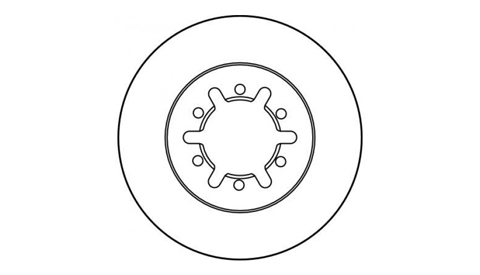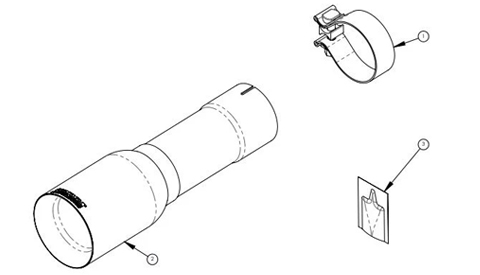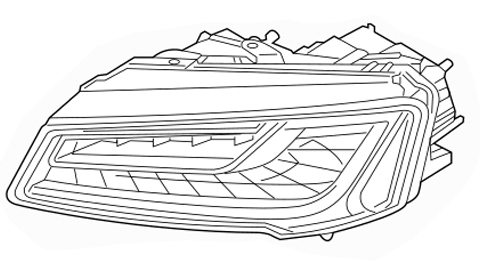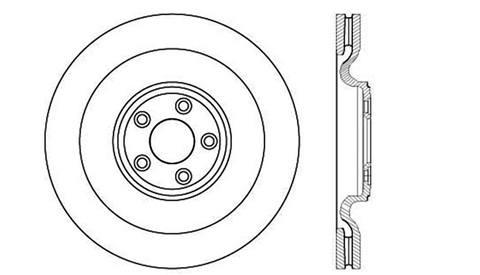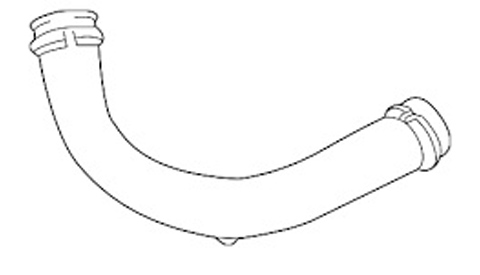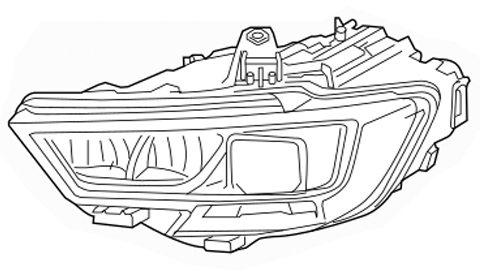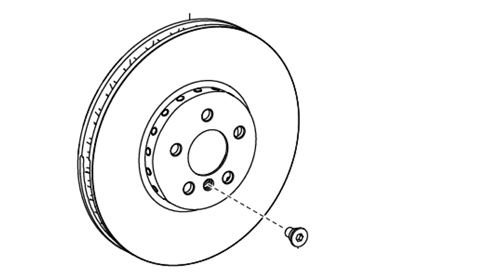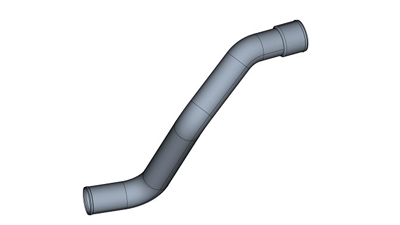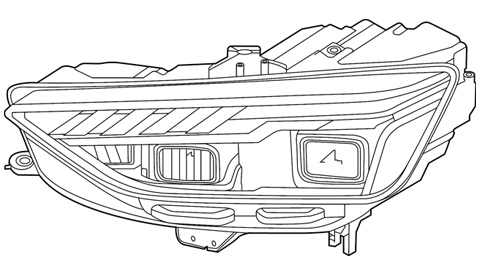-
Array
(
[0] => Array
(
[id] => 1
[siteid] => 1
[parentid] => 0
[parentstr] => 0,
[infotype] => 0
[classname] => Home
[navname] => Home
[alias] =>
[english] =>
[linkurl] => /
[relinkurl] => index.html
[picurl] =>
[picwidth] =>
[picheight] =>
[colorval] =>
[boldval] =>
[seotitle] => Automotive Lamp suppliers,Led Headlight solutions,Luz Led Para Moto price,Headli
[keywords] => Automotive Lamp suppliers,Led Headlight solutions,
[description] => IV Auto Parts is a Automotive Lamp suppliers, provides Led Headlight solutions,Luz Led Para Moto price,Headlights For Car fittings.
[orderid] => 1
[isnav] => true
[checkinfo] => true
[url] => index.html
[child] => Array
(
)
)
[1] => Array
(
[id] => 2
[siteid] => 1
[parentid] => 0
[parentstr] => 0,
[infotype] => 0
[classname] => About Us
[navname] => About Us
[alias] =>
[english] => We Make Fence Idea
[linkurl] => about.php
[relinkurl] => about.html
[picurl] =>
[picwidth] =>
[picheight] =>
[colorval] =>
[boldval] =>
[seotitle] => Car Head Lamp Agencies,vehicle Headlamp Wholesale,car Head Lamp Price; IV Auto P
[keywords] => car head lamp agencies,vehicle headlamp wholesale,
[description] => IV Auto Parts, built in Hongkong and based in mainland China, has specialized
in developing and exporting high quality fencing system since 2009.
[orderid] => 2 [isnav] => true [checkinfo] => true [url] => about.html [child] => Array ( [0] => Array ( [id] => 10 [siteid] => 1 [parentid] => 2 [parentstr] => 0,2, [infotype] => 0 [classname] => Our Culture [navname] => Our Culture [alias] => [english] => [linkurl] => about.php?cid=10 [relinkurl] => about-10-1.html [picurl] => [picwidth] => [picheight] => [colorval] => [boldval] => [seotitle] => [keywords] => [description] => [orderid] => 10 [isnav] => true [checkinfo] => true [url] => about-10-1.html [child] => Array ( ) ) [1] => Array ( [id] => 11 [siteid] => 1 [parentid] => 2 [parentstr] => 0,2, [infotype] => 2 [classname] => Our Team [navname] => Our Team [alias] => [english] => [linkurl] => team.php [relinkurl] => team.html [picurl] => [picwidth] => [picheight] => [colorval] => [boldval] => [seotitle] => [keywords] => [description] =>
We have been supplying Replacement Headlight assembly,Side Light,Tail Lights,driving Lights,Led Fog,Interior Light,Light Accessories,since 2009, and thanks to the contribution of our professional team, customers across the world thumb up to IV Aut [orderid] => 11 [isnav] => true [checkinfo] => true [url] => team.html [child] => Array ( ) ) [2] => Array ( [id] => 12 [siteid] => 1 [parentid] => 2 [parentstr] => 0,2, [infotype] => 0 [classname] => Reference List [navname] => Reference List [alias] => [english] => [linkurl] => reference.php [relinkurl] => reference.html [picurl] => [picwidth] => [picheight] => [colorval] => [boldval] => [seotitle] => [keywords] => [description] => [orderid] => 12 [isnav] => true [checkinfo] => true [url] => reference.html [child] => Array ( ) ) ) ) [2] => Array ( [id] => 3 [siteid] => 1 [parentid] => 0 [parentstr] => 0, [infotype] => 2 [classname] => Warranty [navname] => Warranty [alias] => [english] => [linkurl] => warranty.php [relinkurl] => warranty.html [picurl] => [picwidth] => [picheight] => [colorval] => [boldval] => [seotitle] => Halogen Headlamps Solution,Motorcycle Headlamp Services,Upgrade Headlight Cost; [keywords] => Halogen Headlamps Solution,Motorcycle Headlamp Ser [description] => IV Auto Parts Provided For You Halogen Headlamps Solution,Motorcycle Headlamp Services,Upgrade Headlight Cost Calculate.
[orderid] => 3 [isnav] => true [checkinfo] => true [url] => warranty.html [child] => Array ( [0] => Array ( [id] => 13 [siteid] => 1 [parentid] => 3 [parentstr] => 0,3, [infotype] => 2 [classname] => CERTIFICATES [navname] => CERTIFICATES [alias] => [english] => [linkurl] => warranty.php?cid=13 [relinkurl] => warranty-13-1.html [picurl] => [picwidth] => [picheight] => [colorval] => [boldval] => [seotitle] => [keywords] => [description] => Your partner all the way
At IV Auto Parts we work as a complete supplier: We develop, produce and sell finishing systems and make sure the operators are fully instructed and able to run the Parts.
On top of tha [orderid] => 13 [isnav] => true [checkinfo] => true [url] => warranty-13-1.html [child] => Array ( ) ) [1] => Array ( [id] => 34 [siteid] => 1 [parentid] => 3 [parentstr] => 0,3, [infotype] => 0 [classname] => FAQ [navname] => FAQ [alias] => [english] => [linkurl] => FAQ.php [relinkurl] => FAQ.html [picurl] => [picwidth] => [picheight] => [colorval] => [boldval] => [seotitle] => [keywords] => [description] => [orderid] => 28 [isnav] => true [checkinfo] => true [url] => FAQ.html [child] => Array ( ) ) [2] => Array ( [id] => 33 [siteid] => 1 [parentid] => 3 [parentstr] => 0,3, [infotype] => 0 [classname] => Service & After Sales [navname] => Service & After Sale [alias] => [english] => [linkurl] => ServiceAndAfterSales.php [relinkurl] => ServiceAndAfterSales.html [picurl] => [picwidth] => [picheight] => [colorval] => [boldval] => [seotitle] => [keywords] => [description] => [orderid] => 29 [isnav] => true [checkinfo] => true [url] => ServiceAndAfterSales.html [child] => Array ( ) ) ) ) [3] => Array ( [id] => 4 [siteid] => 1 [parentid] => 0 [parentstr] => 0, [infotype] => 2 [classname] => Products [navname] => Products [alias] => Products List [english] => Explore Auto Parts Products [linkurl] => products.php [relinkurl] => products.html [picurl] => [picwidth] => [picheight] => [colorval] => [boldval] => [seotitle] => Headlamp Car For Sale,buy Headlamp,refit Headlight Cost, Head Lamp Fittings; IV [keywords] => IV Auto Parts Provide You With Details Refit Buy [description] => IV Auto Parts Provide You With Details Refit Buy Headlight Cost,head Lamp Fittings For Sale.
[orderid] => 4 [isnav] => true [checkinfo] => true [url] => products.html [child] => Array ( [0] => Array ( [id] => 24 [siteid] => 1 [parentid] => 4 [parentstr] => 0,4, [infotype] => 2 [classname] => Headlight assembly [navname] => Headlight assembly [alias] => Headlight assembly [english] => Headlight assembly [linkurl] => products-24-1.html [relinkurl] => products-24-1.html [picurl] => [picwidth] => [picheight] => [colorval] => [boldval] => [seotitle] => [keywords] => [description] => [orderid] => 22 [isnav] => true [checkinfo] => true [url] => products-24-1.html [child] => Array ( ) ) [1] => Array ( [id] => 29 [siteid] => 1 [parentid] => 4 [parentstr] => 0,4, [infotype] => 2 [classname] => Taillight Assembly [navname] => Taillight Assembly [alias] => Taillight Assembly [english] => Taillight Assembly [linkurl] => [relinkurl] => products-29-1.html [picurl] => [picwidth] => [picheight] => [colorval] => [boldval] => [seotitle] => Taillight Assembly [keywords] => Taillight Assembly,Tail Lights,Tail Lamp,Led Tail [description] => Taillight Assembly,Tail Lamp,Led Tail Lights For Audi [orderid] => 23 [isnav] => true [checkinfo] => true [url] => products-29-1.html [child] => Array ( ) ) [2] => Array ( [id] => 25 [siteid] => 1 [parentid] => 4 [parentstr] => 0,4, [infotype] => 2 [classname] => Turn Signal Light [navname] => Turn Signal Light [alias] => Turn Signal Light [english] => Turn Signal Light [linkurl] => products-25-1.php [relinkurl] => products-25-1.html [picurl] => [picwidth] => [picheight] => [colorval] => [boldval] => [seotitle] => [keywords] => Turn Signal Light,Side Blinker,Audi Turn Signal Li [description] => Audi Turn Signal Light [orderid] => 24 [isnav] => true [checkinfo] => true [url] => products-25-1.html [child] => Array ( ) ) [3] => Array ( [id] => 36 [siteid] => 1 [parentid] => 4 [parentstr] => 0,4, [infotype] => 2 [classname] => Alternator [navname] => Alternator [alias] => Alternator [english] => Alternator [linkurl] => products-36-1.php [relinkurl] => products-36-1.html [picurl] => [picwidth] => [picheight] => [colorval] => [boldval] => [seotitle] => Alternator For with Audi [keywords] => Alternator For with Audi [description] =>
Email:
sales@ivautoparts.com
Tel.: +86 13933893619
What are the longest lasting car headlights?
2024-08-29
Summary:
The longevity of car headlights can vary significantly depending on the type of bulb used. Here are the most common types of headlights and their typical lifespans
The longevity of car headlights can vary significantly depending on the type of bulb used. Here are the most common types of headlights and their typical lifespans
1. Halogen Bulbs:
Halogen bulbs are the oldest and most traditional type of headlight bulb.
They offer a relatively short lifespan compared to newer technologies.
Typically, halogen bulbs last around 500 to 1,000 hours or about 3 to 5 years under normal use.
2. Xenon HID (High Intensity Discharge) Bulbs:
Xenon HID bulbs provide brighter light output and a longer lifespan than halogen bulbs.
They can last approximately 2,000 to 3,000 hours or about 10 years.
HID bulbs require a ballast to start and regulate the current, which adds to the system's complexity.
3. LED (Light Emitting Diode) Bulbs:
LED headlights are becoming increasingly popular due to their energy efficiency and long life.
LED bulbs can last up to 50,000 hours or more, which might outlast the vehicle itself.
This makes them one of the longest-lasting options available.
They also consume less power and generate less heat than halogen or HID bulbs.
The longest lasting car headlights are typically those that employ LED (Light-Emitting Diode) technology. LED headlights offer several advantages over traditional halogen and HID (High-Intensity Discharge) headlights, including significantly longer lifespan and better energy efficiency.
Here are some key points about LED headlights:
Durability: LED headlights are known for their resilience and ability to withstand extreme temperatures and vibrations, making them suitable for various driving conditions.
Energy Efficiency: LED headlights consume less power compared to halogen and HID headlights, reducing the load on the vehicle's electrical system and potentially improving fuel efficiency.
Instant Lighting: LED headlights provide near-instant illumination, with no warm-up time required like HID headlights, enhancing driving safety in low-light conditions.
Design Flexibility: LED technology allows for a wide range of design possibilities, including the creation of intricate light patterns and dynamic lighting effects that enhance a vehicle's aesthetic appeal.
In summary, LED headlights represent the longest-lasting and most advanced option for car headlights currently available. They offer a combination of long lifespan, durability, energy efficiency, and design flexibility that make them a popular choice among vehicle manufacturers and consumers alike.
4. Laser Headlights:
Laser headlights are a newer technology and are currently found on some high-end vehicles.
While data on their exact lifespan is limited, they are expected to have a very long service life similar to or exceeding that of LED headlights.
Laser headlights can offer even greater brightness and range compared to LED headlights.
Conclusion
Based on the above information, LED and laser headlights stand out as the longest-lasting options for car headlights. LED headlights offer exceptional longevity with a lifespan of up to 50,000 hours or more, making them a reliable choice for those looking for a long-term solution. Laser headlights, although not as widely available, promise similarly impressive longevity and may even surpass LED headlights in terms of longevity and performance.
If you're looking for the longest-lasting headlights, LED or laser headlights would be the best choices, with LED being the more widely available and established technology at this time.
1. Halogen Bulbs:
Halogen bulbs are the oldest and most traditional type of headlight bulb.
They offer a relatively short lifespan compared to newer technologies.
Typically, halogen bulbs last around 500 to 1,000 hours or about 3 to 5 years under normal use.
2. Xenon HID (High Intensity Discharge) Bulbs:
Xenon HID bulbs provide brighter light output and a longer lifespan than halogen bulbs.
They can last approximately 2,000 to 3,000 hours or about 10 years.
HID bulbs require a ballast to start and regulate the current, which adds to the system's complexity.
3. LED (Light Emitting Diode) Bulbs:
LED headlights are becoming increasingly popular due to their energy efficiency and long life.
LED bulbs can last up to 50,000 hours or more, which might outlast the vehicle itself.
This makes them one of the longest-lasting options available.
They also consume less power and generate less heat than halogen or HID bulbs.
The longest lasting car headlights are typically those that employ LED (Light-Emitting Diode) technology. LED headlights offer several advantages over traditional halogen and HID (High-Intensity Discharge) headlights, including significantly longer lifespan and better energy efficiency.
Here are some key points about LED headlights:

Durability: LED headlights are known for their resilience and ability to withstand extreme temperatures and vibrations, making them suitable for various driving conditions.
Energy Efficiency: LED headlights consume less power compared to halogen and HID headlights, reducing the load on the vehicle's electrical system and potentially improving fuel efficiency.
Instant Lighting: LED headlights provide near-instant illumination, with no warm-up time required like HID headlights, enhancing driving safety in low-light conditions.
Design Flexibility: LED technology allows for a wide range of design possibilities, including the creation of intricate light patterns and dynamic lighting effects that enhance a vehicle's aesthetic appeal.
In summary, LED headlights represent the longest-lasting and most advanced option for car headlights currently available. They offer a combination of long lifespan, durability, energy efficiency, and design flexibility that make them a popular choice among vehicle manufacturers and consumers alike.
4. Laser Headlights:
Laser headlights are a newer technology and are currently found on some high-end vehicles.
While data on their exact lifespan is limited, they are expected to have a very long service life similar to or exceeding that of LED headlights.
Laser headlights can offer even greater brightness and range compared to LED headlights.
Conclusion
Based on the above information, LED and laser headlights stand out as the longest-lasting options for car headlights. LED headlights offer exceptional longevity with a lifespan of up to 50,000 hours or more, making them a reliable choice for those looking for a long-term solution. Laser headlights, although not as widely available, promise similarly impressive longevity and may even surpass LED headlights in terms of longevity and performance.
If you're looking for the longest-lasting headlights, LED or laser headlights would be the best choices, with LED being the more widely available and established technology at this time.



